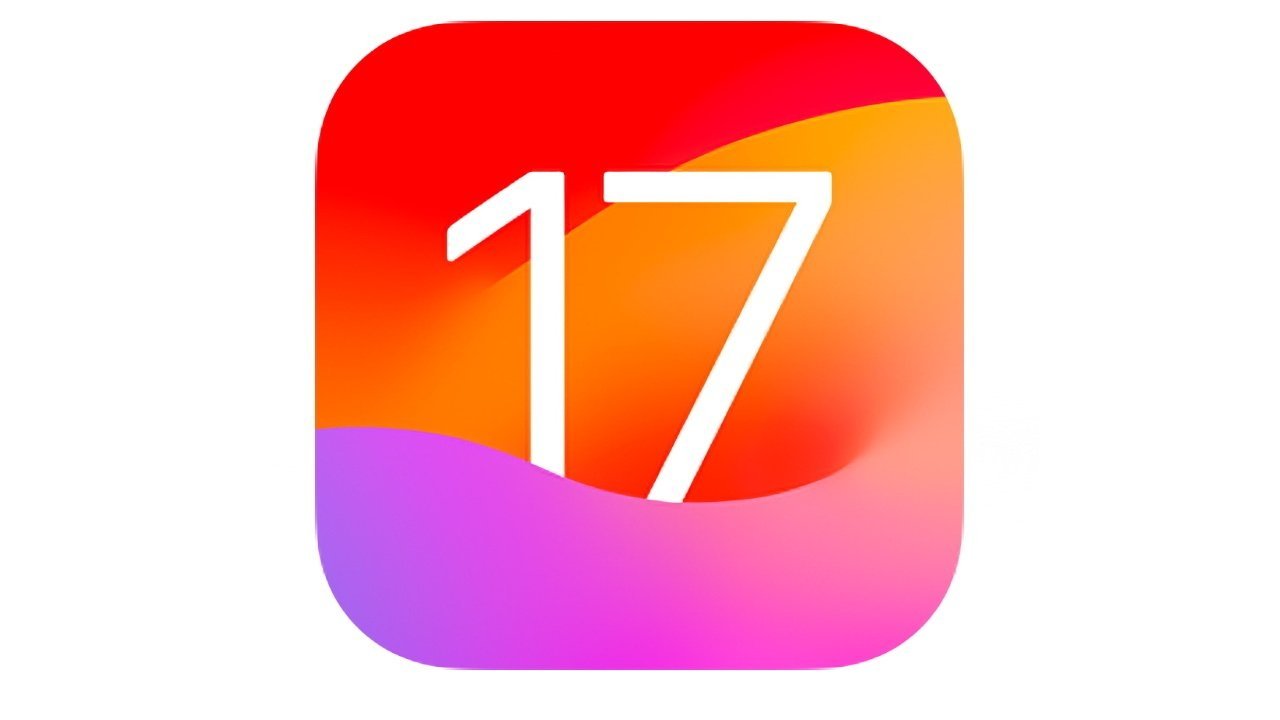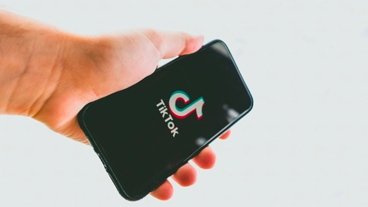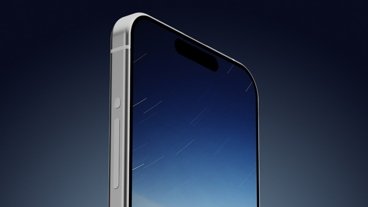Apple's adoption rates for iOS 17 show it is lagging behind iOS 16, with only 76% of iPhones from the last four years using the operating system.
The February release of iOS and iPadOS usage figures, based on apps interacting with the App Store directly, is an opportunity to see how many people update to Apple's latest mobile operating systems a few months after launch. Monday's results indicate that, compared to the year-ago figures, iOS 17 has some catching up to do.
According to the numbers, as of February 4 2024, 76% of iPhone models introduced in the last four years use iOS 17, with 20% still on iOS 16, and 4% on earlier releases. This is down from the 2023 figures, which showed 81% of devices introduced in the last four years used iOS 16 at the time, with 15% left on iOS 15, and 4% on earlier versions.
In terms of all devices that interact with the App Store, the 2024 figures show 66% of iPhones use iOS 17, with 23% on iOS 16, and 11% used earlier releases. This too is down from the year-ago numbers, which put iOS 16 on 72% of all devices, with 20% on iOS 15.
The figures indicate that there are slightly fewer users updating their iPhones from iOS 16 to iOS 17 in the four months after its introduction than people who upgraded from iOS 15 to iOS 16 within a similar time period.
For iPadOS, Apple says that in February 2024, 61% of all iPad models introduced in the last four years use the latest iOS 17, with 29% on iPadOS 16, and 10% on earlier releases. This is an improvement from the year-ago figures of 53% for iPadOS 16, 39% for iPadOS 15, and 8% for earlier versions.
When counting all iPads that interact with the App Store, the 2024 figures detail that 53% use iPadOS 17, 29% use iPadOS 16, and 18% use earlier releases. Again, this is an improvement on the 2023 results of 50% on iPadOS 16, 37% on iPadOS 15, and 13% on previous software versions.
 Malcolm Owen
Malcolm Owen
![Apple's iOS 17 and iPadOS 17 adoption rates [Apple]](https://photos5.appleinsider.com/gallery/58473-119112-adoptionrates2024-xl.jpg)







-m.jpg)






 Wesley Hilliard
Wesley Hilliard
 Marko Zivkovic
Marko Zivkovic

 Christine McKee
Christine McKee
 Amber Neely
Amber Neely










10 Comments
i've learnt that lesson a long time ago
i don't jump versions on my devices, if i get it with 15, i will update to the latest 15 and not go to 16
already ruined 2 devices when i upgraded iOS to the next number up and the devices became unusable
had to basically throw an ipad away that worked great the night before on the older iOS
even browsing to a website would take like 2-3 minutes on the new one
plus i have rarely noticed the difference between iOS versions
ok i get a few more emojies, big whoopie
Back with my first iPhone, the iPhone 4, upgrading it every year, well it got slower and slower over the years to where in the 4th year, I wanted to throw in against the wall at times. That was with Apple's first CPU, the A4. Then I got the iPhone 6, which when new was faster, and 4 years of that was a better experience. I now have the iPhone Xs, and I'm into the 6th year of using it now. I was going to Upgrade, but decided to wait yet another year. This phone was more than fast enough NEW that even with iOS 17 running on it, it still runs just fine.
So will I upgrade to a new iPhone later in the year? Normally I upgrade phones every 4 years. Yet this one, I let it slide for a 5th year as all was fine, and here I am into the 6th year now. Will it be time after the end of 6 years??? You never know, I could start a 7th year. My phone still looks like new. I'm running iOS17.4 currently.
As Apple software QA has steadily declined over the years, I have postponed upgrading to the newest release. At first it was a month, six weeks, or so but over the years my adoption has been pushed back farther and farther. The last couple of years, I have upgraded in Q2, usually early April.
This year, I will probably upgrade when iOS/iPadOS 17.6.1 comes out. That should ensure that pretty much all of the features have been released and the most egregious bugs have been dealt with. I'll upgrade my Mac a couple of days earlier.
This is pretty much the only way in the mid-2020s that will result in a relatively bug free user experience since Apple software QA has such low standards these days.
Because of my delayed upgrade, I rarely know what the new features are since tech media has long since moved onto other topics by the following spring. Clearly I could go back and read some old articles or check out the operating system's page on the Apple corporate site for the highlights. But there's rarely much worth writing home about. I watch the keynotes so I see some of the new features. I'm sure at some point I'll be upgrading a week before WWDC.
By April I've forgotten what super great things I can't live without are.
:p
I think Apple got in the habit of upgrading iOS and iPadOS one version too much in the past. Maybe they were trying to impress their customers with how long those products could support the latest and greatest operating system. Unfortunately it created a situation where the devices that had one-too-many upgrades became unusable because the performance went in the crapper. That coupled with no longer signing the last version that worked reasonably well resulted in fairly useless devices. Been there and done that.